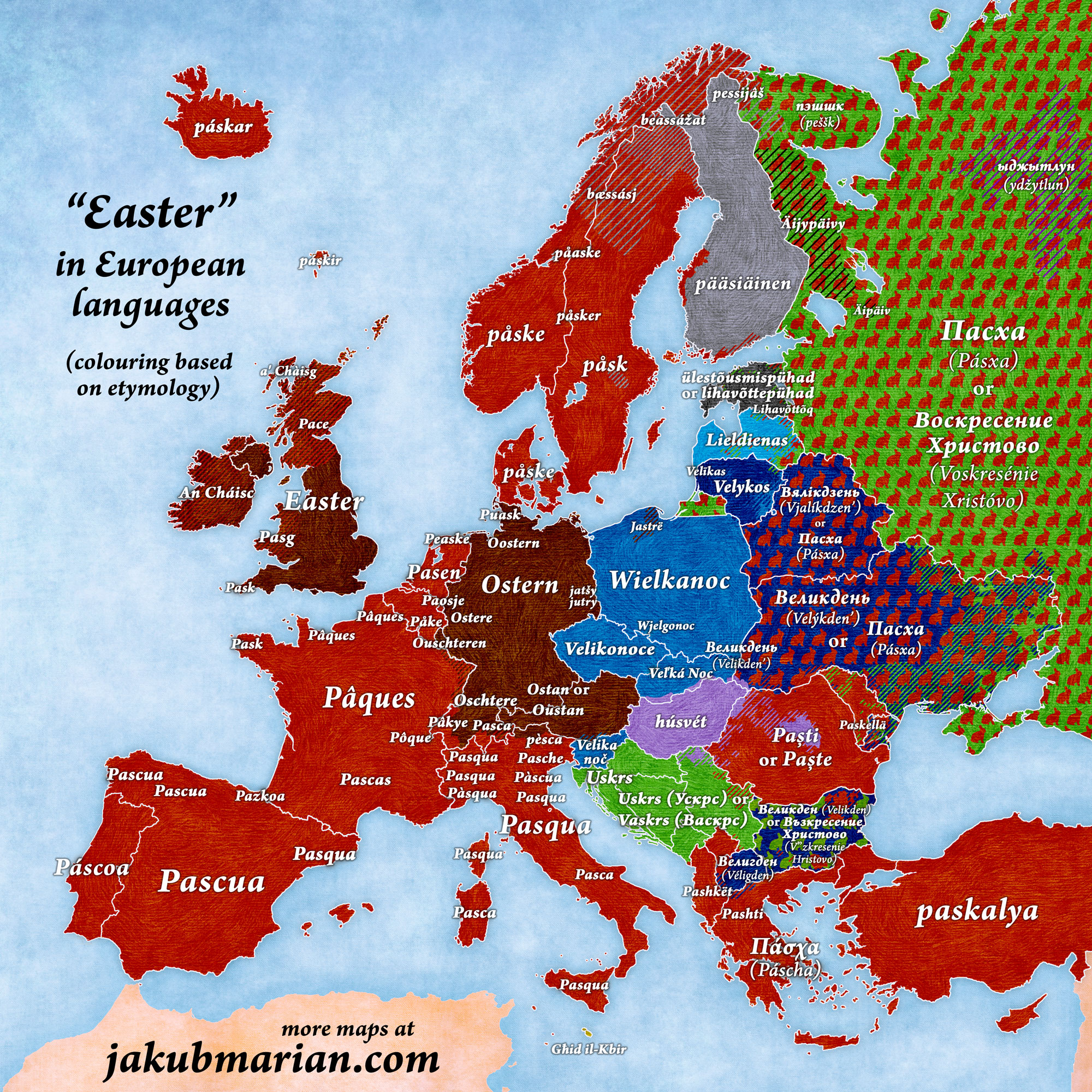Thank you brother for challenging me on this. My eyes are starting to be opened to this thought.
A logical approach is to look at the time of the Passover celebration, there were multitudes of both Jews and Gentile proselytes present in Jerusalem. Herod knew that if he brought forth Peter to be killed before the assembled masses, they would have to make public the accusations laid against him. Peter might well preach a sermon in his defense. Peter had already preached sermons with the result that 3000 were converted at Pentecost and another 5000 on a later day. If several thousands more believed the preaching of Peter about Christ and the resurrection, he might well have a riot on his hands. Perhaps Herod thought it better to wait till the multitudes had gone home after the Passover week, and then deal with Peter in a quieter fashion.
It is not that Herod himself was celebrating an alleged "Ishtar", or the Jewish Passover or what would come to be called the Christian Easter. Rather, it is the Holy Ghost speaking here in Acts 12:4 and telling us what this Passover celebration would come to signify for the believers in a risen Lord Jesus Christ.
To further this thinking I suggest that Herod, who was involved in the murder of Jesus, was desiring to stem the growth of the Christian Church, as would also please Satan and the Jewish authorities, and so, considering the psychological effect of publically judging and condemning Peter the foremost apostle of the new sect, Herod was seeking for the church of Jesus to be in full audience observing his greatness and authority.
Note that later on Herod was instead the very one judged publically before many witnesses and died.
Thus the judgment of God upon Herod immensely furthered the public awareness of the authority of Jesus’ name.
Acts 12:1 Now about that time Herod the king stretched forth his hands to vex certain of the church.
Acts 12:2 And he killed James the brother of John with the sword.
Acts 12:3 And because he saw it pleased the Jews, he proceeded further to take Peter also. (Then were the days of unleavened bread.
Acts 12:4 And when he had apprehended him, he put him in prison, and delivered him to four quaternions of soldiers to keep him; intending after Easter to bring him forth to the people.
Notice that it’s “the people” not the Jews only that Herod desired to reveal his great authority to.
Acts 12:21 And upon a set day Herod, arrayed in royal apparel, sat upon his throne, and made an oration unto them.
Acts 12:22 And the people gave a shout, saying, It is the voice of a god, and not of a man.
Acts 12:23 And immediately the angel of the Lord smote him, because he gave not God the glory: and he was eaten of worms, and gave up the ghost.
Acts 12:24 But the word of God grew and multiplied.
Notice how God judged Herod publically. And how he showed Herod’s heart was toward receiving the worship of the people.
So, I think it is clear that Easter suited Herod’s megalomania best since, the real enemy of Herod was the miracle worker Jesus of Nazareth, who wouldn’t stay dead.


